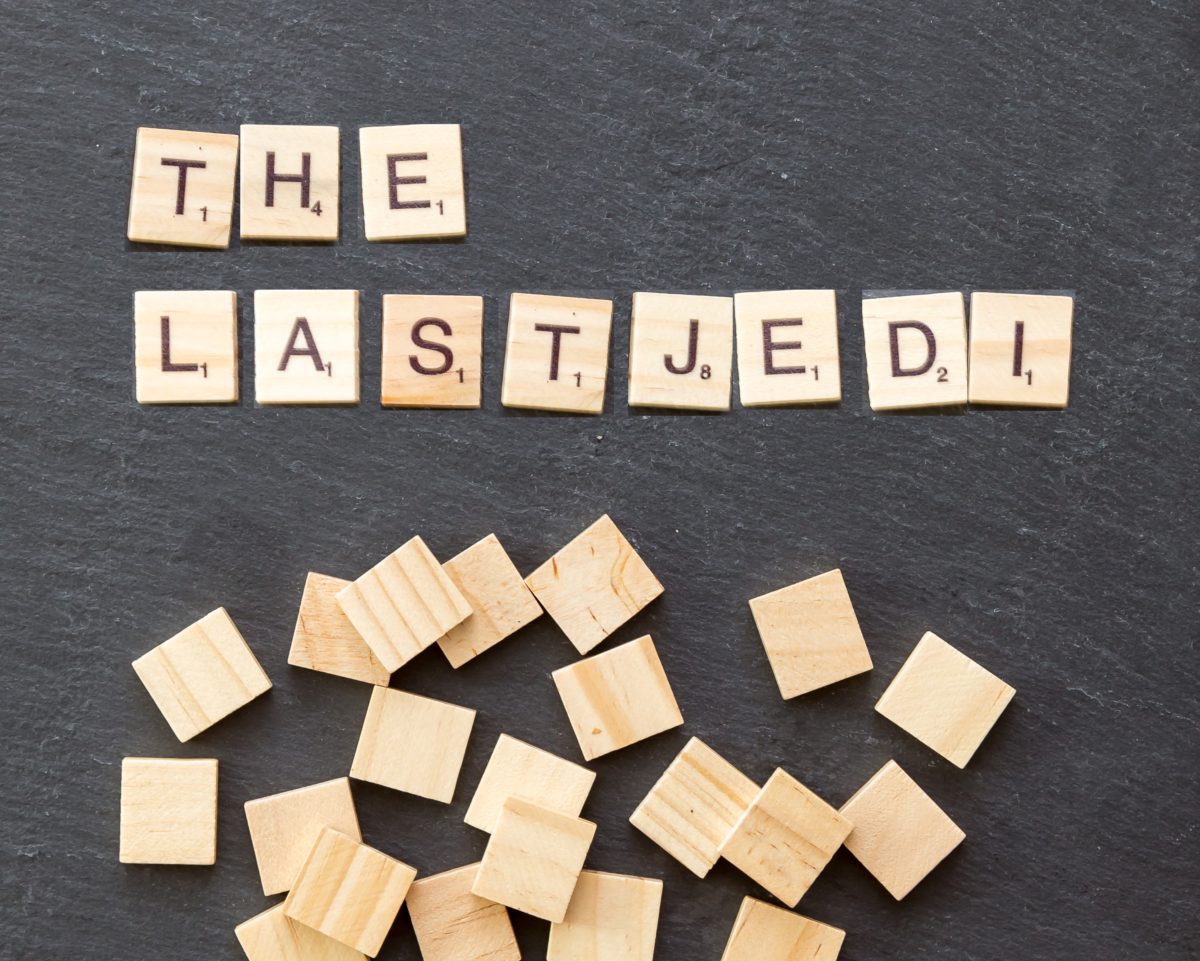Ayn Rand, author of The Fountainhead and Atlas Shrugged, was a woman of strong, radical convictions, whose philosophy encompassed all areas of life. As with any intellectual of her stature, along with droves of fans come scores of dissenters lining up to take a swing at her ideas. But Miss Rand’s critics today remind one of that unfortunate baseball player who, the more he strikes out, the harder and the angrier he swings. Some wonder whether they remember what the ball even looks like. This writer wonders whether they ever knew in the first place.
The Atlantic’s Olga Khazan is the latest such critic to step up to the plate. Positively dripping with glee, Khazan informs us of a recent discovery of hers: Ayn Rand’s 1959 television interview with Mike Wallace. In what she presents as a “gotcha” moment, Khazan draws our attention to a question about Rand’s romantic life. Asked whether she finds any contradiction in supporting her husband Frank O’Connor financially if need be, Rand responds: “No, because you see, I am in love with him selfishly.” Sneers Khazan: “The whole thing is worth a listen—you’ll learn how, if you correct your flaws, you, too, can be worthy of love.”
By revealing Rand’s staunchly unconventional attitude towards a matter as intimately personal as romance, Khazan hopes that most readers will find this idea of a selfish love as self-evidently silly as she does. Fortunately for my own sanity, I have already explained—in my 2013 response to Seth Adam Smith’s viral blog post, “Marriage Isn’t For You”—why the alternative of a so-called “selfless love” degrades both the lover and the loved. As I wrote then:
[Suppose] Sally is a college student pursuing her dream job when she meets Paul, a lonely college dropout of the same age. Sally is motivated, hard-working, and goal-oriented. Paul lacks these qualities of character, as well as any kind of long-term motivation. If Sally were to ask “What can I give?” she would find that she has plenty to give to Paul. Her energetic attention and care will help cure his loneliness. With this in mind, Sally decides that she must try to love Paul, because he needs her love.
If selflessness is really the standard of love, then it must be Sally’s duty to love Paul. But what would happen if Paul were to ask Sally, “Why do you love me?” If she were honest, she would have to answer, “Even though you aren’t that smart or the best looking guy around, I love you because you need me to.” Imagine how insulted and degraded anyone would be to hear that kind of response!
As Rand explains in the interview: “[W]hen you are asked to love people indiscriminately, that is, to love people without any standard, to love them regardless of the fact of whether they have any value or virtue, you are asked to love nobody.” To ask Sally here to love Paul—his faults and failures notwithstanding—to love him unconditionally—is to ask her to fake the most profound feeling of heart and soul she can experience, for the sake of nothing at all.
Selfish love is the only meaningful kind of love. As I suggested in my piece, most people would praise Sally for leaving Paul if she met another man who shared her values and interests, someone who enriched and empowered her life, who made her happy—someone more like “another self,” as Aristotle once characterized the nature of one’s beloved. Most would say “good for you, Sally,” rather than urging her to live life as a selfless doormat to the needs of a hapless drifter like Paul. As I explained:
The kind of happiness to be gained in loving a person selfishly has the capacity to be fulfilling, long-lasting, and joyously enriching, because the person we love complements rather than hinders our life’s ambitions. Loved ones are like fellow-travelers on life’s journey towards further horizons. Naturally, not only do we want to get to our destination, but we want to choose a partner with whom we can enjoy that journey. Choosing the right fellow-traveler is integral to our enjoyment of life’s journey, and choosing the wrong partner can make it miserable.
As Rand says: “In love, the currency is virtue.” Sally’s love for the better man would be her expression of the highest recognition she could pay to his virtue—to his manifest value to her proper joy and treasured life.
Scoffing in response, Khazan writes: “It’s easier to understand Rand’s obsession with selfishness as a positive virtue if you consider that she included, under her umbrella of egocentrism, good deeds that make the doer happy. She wasn’t helping her husband, you see, she was helping herself have a husband who pursue his passions.”
Khazan botches a crucial point here. Rand never held that whatever happens to make one feel good thereby serves one’s self-interest—she never viewed the self as some kind of drooling, pleasure-seeking thing. In fact, she once referred to her philosophy as “the opposite of hedonism.”
To Rand, the self is much more than a mere bundle of feelings—the self is the reasoning, choosing, valuing mind, tasked properly to one’s flourishing on earth. Under this richer conception of the self, one’s life and happiness act as the barometers of a proper love. And any feelings to the contrary notwithstanding, those ends cannot be won by flirting with the pitiful, feeding the vicious, or lying with moochers.
If Khazan thinks they can, perhaps she should read The Undercurrent more. This writer would be more than happy to send her a copy, free of charge. Maybe then she’ll even see the ball before her next swing.
Creative commons-licensed image courtesy of Flickr user Wendy Nelson.





